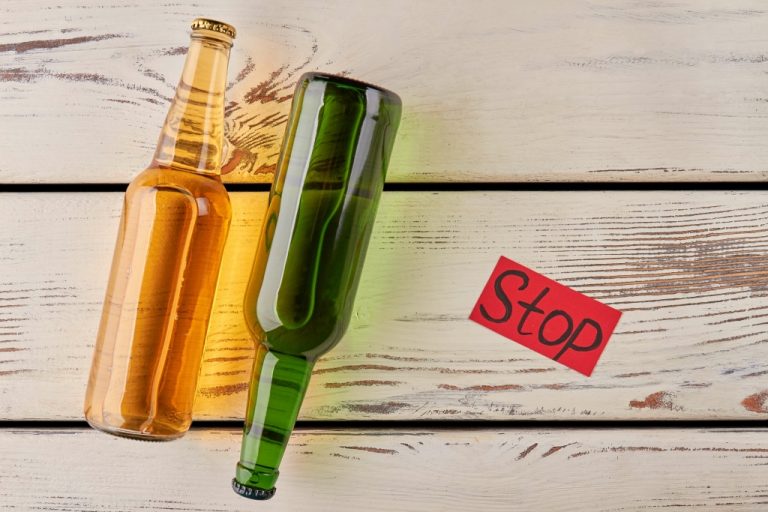More serious alcohol withdrawal symptoms may require medical attention. If you have a friend or family member who knows that you’re trying to taper off alcohol, you shouldn’t be afraid to ask for help. They can take you to the hospital or help you get medical support.
Long-term alcohol use can lead to alcohol use disorder (AUD) and physical dependence. If your body becomes physically dependent on alcohol, you may experience withdrawal symptoms when you stop drinking. Studies have shown that 13–71% of people undergoing alcohol detox develop withdrawal symptoms. Factors such as pattern of alcohol use, other medical conditions, genetics and how your body responds to alcohol can play a role in withdrawal symptoms. If you’re struggling with severe alcohol addiction, a medical detox program is your likely best option for tapering off alcohol safely.
Can tapering off reduce alcohol withdrawal symptoms?
For example, one 12-ounce can of beer contains the same amount of alcohol as a 5-ounce glass of wine or a mixed drink containing 1.5 ounces of alcohol. It can take huge effort and commitment to reduce your alcohol consumption how to taper off alcohol to nothing. So when you reach the end of tapering, you will likely feel relieved and proud. If your withdrawal symptoms are becoming too hard to handle, drinking to relieve them is a sensible precaution.
- This medical supervision allows for some patients to quit drinking cold-turkey without compromising safety.
- Over the next few days, additional symptoms may also appear.
- It can be easy to underestimate how much you drink, and being as accurate as possible is important.
- If attending a service isn’t possible, perhaps because you are isolating, you can use this advice on safely detoxing from alcohol at home.
- Educate yourself on potential withdrawal symptoms and have a support system in place.
Over the long term, many health benefits occur throughout your body. Your risk of certain diseases decreases, you will begin sleeping better, and your overall health can significantly benefit. Medical detox is often the safest and most effective way to manage alcohol withdrawal for those with severe alcohol dependence.
Not finding what you’re
If you are a frequent drinker determined to reduce or stop your alcohol intake, the safest way to do this at home is through a gradual tapering process. Attempting to quit all at once can lead to severe symptoms that can be difficult to manage safely outside of a detox setting. Tapering alcohol is beneficial because you can avoid alcohol withdrawal symptoms. This is because when you drink heavily for months or years, your body can start to depend on alcohol to function normally. When you are physically dependent on a substance like alcohol, your body adapts accordingly. It’s physically dangerous, and it may also cause emotional instability.
